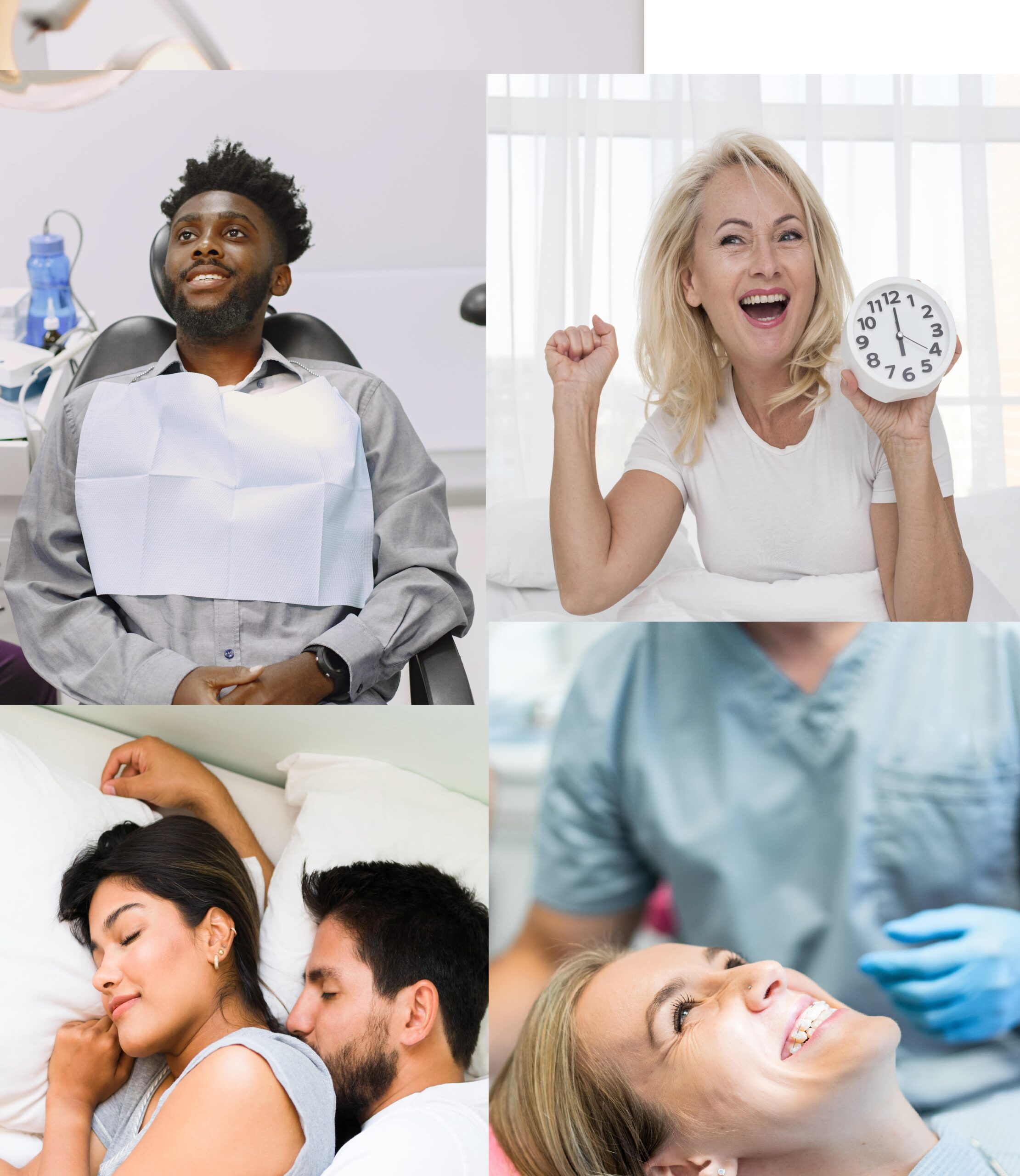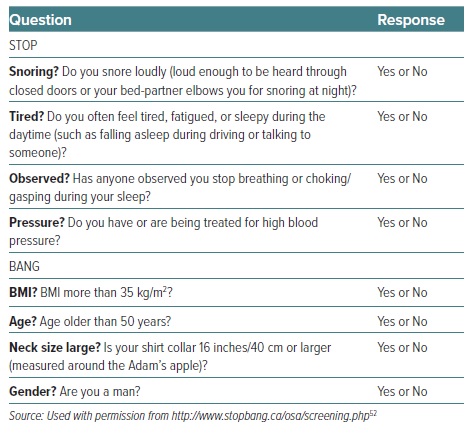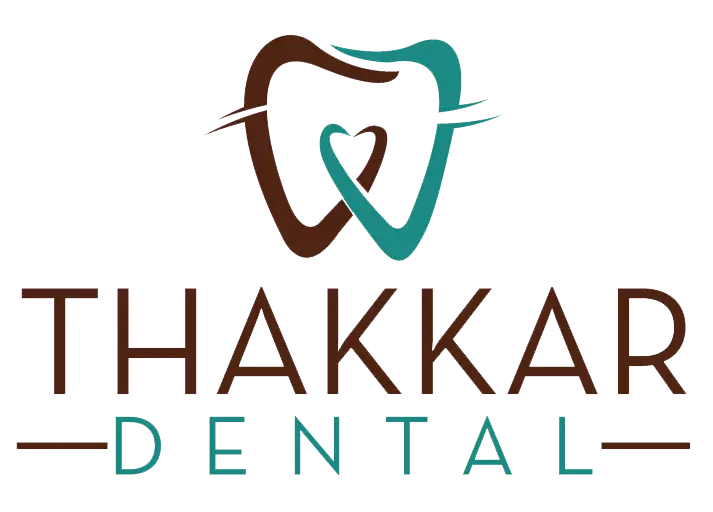
Dream Better, Sleep Better
Welcome to Sleep Better Solutions
Rediscover the joy of a good night’s sleep after sleep apnea and snoring evaluation with Dr. Nipa Thakkar.
Our comprehensive sleep apnea dentistry services are designed to cater to your unique sleep needs, ensuring that you wake up refreshed and ready to take on the day.
Through a combination of advanced techniques, cutting-edge technology, and compassionate care, we empower you to overcome sleep challenges and experience the true benefits of restorative slumber.
Reclaim Your Rest: Customized Sleep Apnea Dentistry for a Well-Rested You

Book your sleep consultation
Welcome to Sleep Better Solutions by Dr. Nipa Thakkar DMD, where we are dedicated to revitalizing your sleep and enhancing your overall well-being.
We understand that a good night’s rest is essential for a healthy and productive life, and that’s why we specialize in sleep dentistry.
Dr. Thakkar combines dental expertise with a deep understanding of sleep disorders to provide you with tailored solutions that address the root causes of your sleep struggles. Whether you’re dealing with snoring, sleep apnea, or other sleep-related concerns, we’re here to guide you on a journey towards nights filled with tranquility and rejuvenation.
FAQ
Learn about sleep apnea
What is sleep apnea?
Sleep apnea, a prevalent sleep disorder, disrupts normal breathing during slumber. It causes brief yet recurring pauses in breathing, leading to fragmented sleep and lowered oxygen levels. Two primary types include obstructive sleep apnea, involving airway blockage due to relaxed throat muscles, and central sleep apnea, arising from miscommunication between brain and muscles. Common signs encompass loud snoring, daytime fatigue, and impaired concentration. If untreated, sleep apnea can contribute to hypertension and heart problems. Effective interventions span lifestyle adjustments to medical devices like CPAP machines. Seek diagnosis and treatment promptly to restore restful sleep and overall health.
Please take our sleep apnea screening above.
How is sleep apnea diagnosed?
To accurately diagnose sleep apnea, a sleep study, known as a polysomnography, is often conducted. This study monitors various physiological parameters during your sleep, such as breathing patterns, brain activity, oxygen levels, and heart rate. Additionally, home sleep apnea tests may be prescribed for certain cases. The gathered data allows specialists to determine the severity and type of sleep apnea you may have, guiding the development of a personalized treatment plan to improve your sleep quality and overall well-being.
What role dentist can play with sleep apnea?
These specialists are trained to provide oral appliance therapy as a viable alternative or complement to traditional treatments like continuous positive airway pressure (CPAP) machines. Sleep apnea dental specialists can custom-design and fit oral appliances, also called mandibular advancement devices (MADs) or dental splints. These devices are worn during sleep to reposition the lower jaw and tongue, helping to keep the airway open and prevent obstruction. Oral appliance therapy is often recommended for individuals with mild to moderate OSA or those who cannot tolerate CPAP therapy.
Sleep Apnea Dangers
The quality of sleep you receive is also critical to your overall wellbeing.
Weight Gain
sleep apnea can make your body release more of the hormone ghrelin, which makes you crave carbs and sweets. And when you’re tired all the time, you might not be able to turn the food you eat into energy as efficiently, which can lead to weight gain.
High Blood Pressure
Sleep apnea can make your high blood pressure worst. Treatment can make a difference, though. Some people with high BP who get help for sleep apnea will see their blood pressure improve.
Auto Accidents
When you feel groggy, you raise your risk of falling asleep at the wheel. People with sleep apnea are up to five times more likely than normal sleepers to have traffic accidents.
Memory Loss
Research suggests that memory slips from mild cognitive impairment might show up sooner when someone has a obstructive sleep apnea. Getting treatment might delay memory troubles from getting worse.
Heart Disease
Sleep apnea disrupts how your heart takes in oxygen, which makes it harder for your heart to pump blood to vital organs and heart it self, increasing risk of having a heart attack.
Brain Fog
Brain fog is a feeling of distracted, forgetful, slow to react, and muddled thinking. Those feelings go hand-in-hand with untreated sleep apnea. A 2011 study found that you can improve your memory, attention, and critical thinking after 3 months of sleep apnea therapy.
Depression
Poor sleep might make you more likely to get depressed.
Stroke
Sleep apnea will reduce the blood flow to your brain, it puts you at an increased risk of ischemic stroke. Possible reasons for this include reduced blood flow to the brain and that the body is not getting enough oxygen.
People are up to 25% more likely to have these types of strokes while sleeping, because they happen very early in the morning.
Take Sleep Apnea Screen
Take a validated screening test for sleep apnea and what does that mean.

Your Screen Score
Total Yes: 0 to 2:
Low Risk of obstructive sleep apnea
Total Yes: 3 to 4
Intermediate risk of obstructive sleep apnea
Total Yes: 5 to 8
High risk of having obstructive sleep apnea
For Physicians: Referring
You know well long term dangers of sleep apnea.
Dr. Thakkar is here to help. We employ a multidisciplinary approach to help our patients achieve healthy sleep. Our first encounter with a patient involves an in-depth discussion about sleep apnea types and prognosis, sleep history, current sleep hygiene, if not tolerating already prescribed CPAP and why, reviewing their health history, and thoroughly discuss their recent sleep study. We also require initial dental screening and reviewing with patient their dental history from their primary dentist. Oral appliance therapy can make a difference in achieving patient’s treatment goals.
